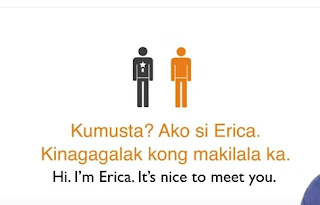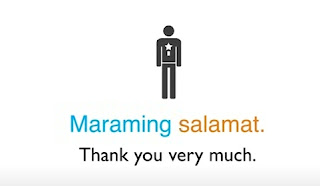Berdasarkan dokumen *Panduan Penggunaan Generative AI pada Pembelajaran di Perguruan Tinggi*, berikut adalah 10 poin penting mengenai penggunaan AI, terutama bagi mahasiswa:
1. **Etika dalam Penggunaan**: AI seperti GenAI (Generative AI) harus digunakan secara etis, terutama dalam lingkungan pendidikan tinggi. Hal ini mencakup penghormatan terhadap hak asasi manusia, privasi, dan transparansi【source】.
2. **Integritas Akademik**: Penggunaan AI tidak boleh mengurangi integritas akademik. Mahasiswa harus tetap menghasilkan karya orisinal dan menggunakan AI sebagai alat bantu, bukan sebagai pengganti【【source】.
3. **Pembelajaran Personal**: AI dapat membantu dalam personalisasi pembelajaran sesuai dengan kebutuhan dan kecepatan belajar mahasiswa. Teknologi ini memungkinkan konten yang lebih relevan dan disesuaikan【【source】.
4. **Peluang Inovasi**: GenAI membuka peluang besar dalam inovasi pembelajaran, misalnya dengan mempermudah akses ke sumber pembelajaran, membantu memahami materi yang sulit, atau menghasilkan konten seperti teks, gambar, atau video【【source】.
5. **Risiko Plagiarisme**: Penggunaan AI dapat memunculkan masalah plagiarisme jika mahasiswa menggunakannya untuk menghasilkan teks atau karya tanpa melalui proses belajar yang seharusnya【10†source】.
6. **Kewajiban Menghindari Ketergantungan**: Mahasiswa perlu menggunakan AI dengan bijak agar tidak bergantung pada teknologi tersebut. Penggunaan AI harus didukung dengan keterampilan berpikir kritis【【source】.
7. **Keadilan Akses**: Tidak semua mahasiswa mungkin memiliki akses yang sama ke teknologi AI. Hal ini perlu diperhatikan dalam penggunaan AI agar tidak menimbulkan ketidakadilan dalam pembelajaran【【source】.
8. **Potensi Bias dan Diskriminasi**: AI yang dikembangkan berdasarkan data yang bias dapat menghasilkan output yang bias pula. Hal ini penting untuk dihindari agar tidak terjadi diskriminasi, misalnya dalam hal gender atau ras【【source】.
9. **Lisensi dan Biaya**: Sebagian besar aplikasi AI memiliki model lisensi, termasuk versi gratis dan berbayar. Beberapa menawarkan harga khusus untuk sektor pendidikan, sehingga penting untuk mempertimbangkan aksesibilitas bagi mahasiswa【【source】..
10. **Pengawasan Penggunaan**: Penggunaan AI di perguruan tinggi harus diawasi untuk mencegah penyalahgunaan dan memastikan pemanfaatan teknologi yang bertanggung jawab, baik oleh mahasiswa maupun dosen【【source】..
Mahasiswa diizinkan menggunakan AI, tetapi dengan panduan yang jelas untuk menjaga integritas akademik dan menghindari penyalahgunaan.

.jpg)





